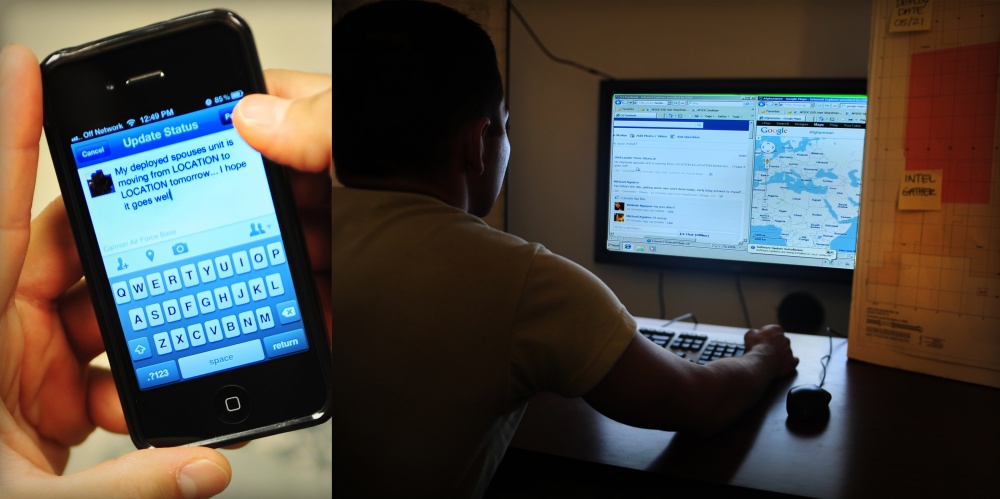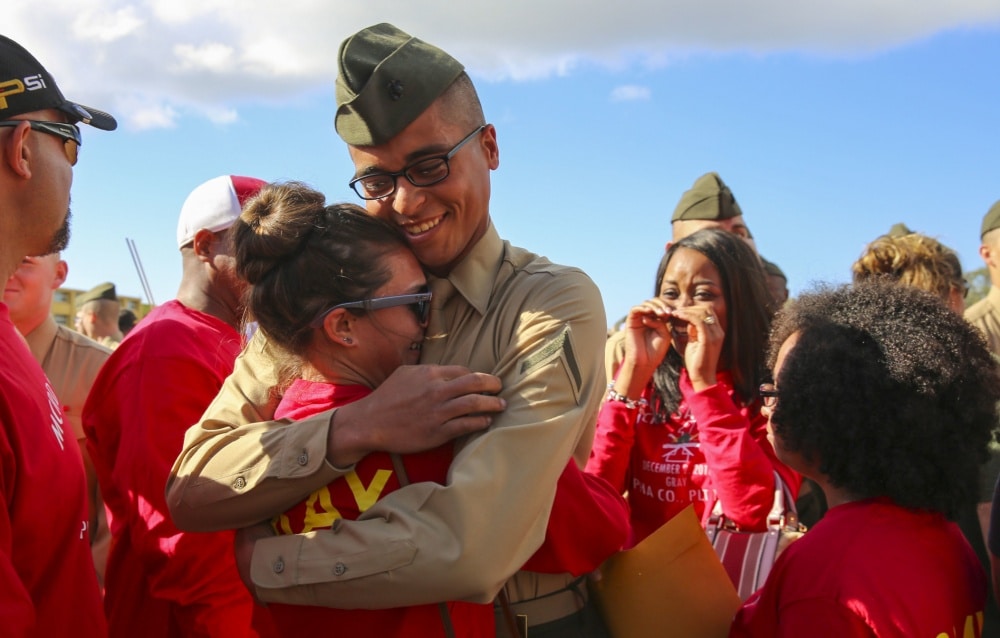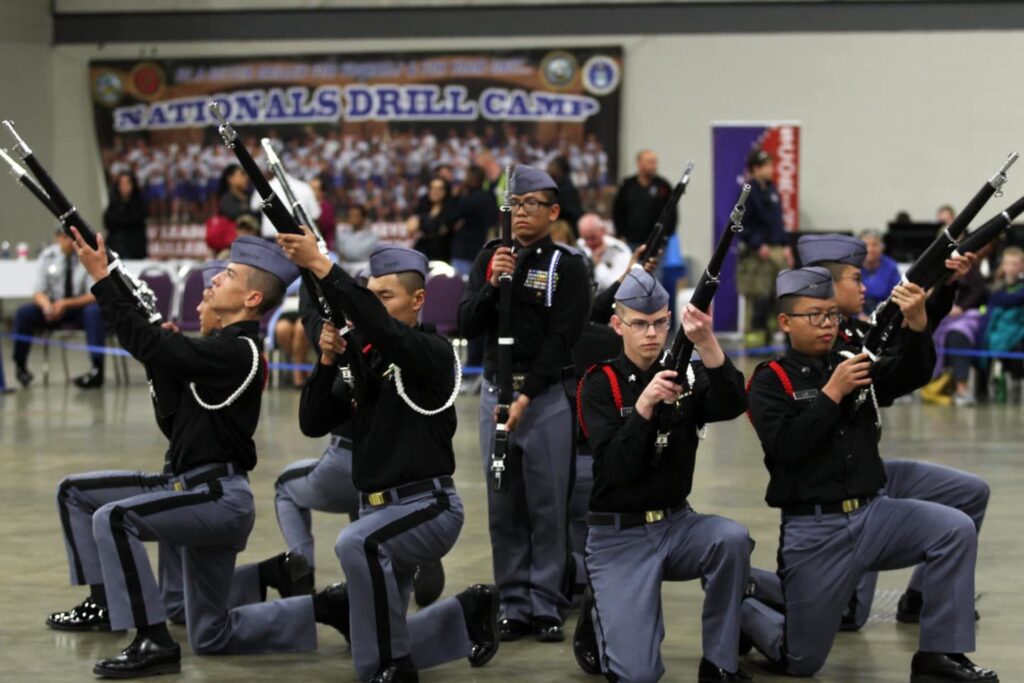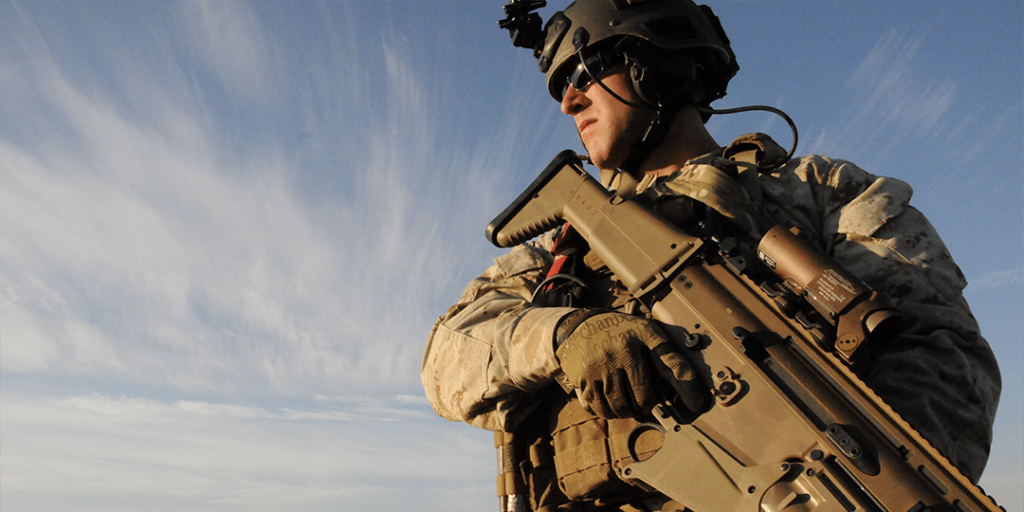No matter which branch your loved one is in, Operations Security (OPSEC) is a necessary part of military life.
First and foremost, it’s important to understand that OPSEC is not meant to prohibit freedom of speech.
When details are added up from various sources, any content shared via social media or through letters that may seem irrelevant or even harmless can fall into the wrong hands and create security and safety issues for military members.
Unfortunately, there are well-trained terrorists and spies who know how to collect this data and use it against U.S. Forces and their families.
It can be a confusing topic, so we’re here to share some insight on what OPSEC means for you and your service member.
Here’s what you should know about OPSEC and what not to share:
What is OPSEC?

Operations Security, or OPSEC, is keeping potential enemies from discovering information necessary to keep our military members (and missions) safe at all times.
Unfortunately, it’s easy for malicious parties to collect pertinent intel information that could potentially harm military members, their families, DoD contractors, and military installations. They’ve been known to use everything from cell phone calls to baby monitors to extract information and piece it together to get critical military information to harm or take advantage of our military operations.
The less you share, the better.
How to remember what’s not okay to share
It may seem elementary, but just remember when you were in school writing those basic papers. You always had to cover who, what, when, where, and why. Think of this as you’re practicing OPSEC, especially if you’re new to the military world.
The most important aspect to remember when you get frustrated with this security protocol is the why.
Why are you doing it?
To keep your loved one as safe as possible.
Here’s a list of a few other ways to remember what you want to keep to yourself:
- Who: This one is pretty basic, but don’t use specific names, ranks, or units
- What: Don’t share what ship, platoon, unit, etc. is moving or doing
- When: This is of the utmost importance. Sharing specific dates or time of flights, landings, arrivals, etc. can seriously jeopardize the safety of an entire military group or mission. With enough information gathered from social media or other means, a surprise attack can be planned and launched against our military.
- Where: Your service member’s location or any troop movement should always be kept under wraps. Unless your family is writing letters to your loved one, don’t give out personal information unnecessarily.
Some other security guidelines to consider:
- Stop checking-in on social media and sharing your location
- Don’t publicly share your loved one is deployed
- Blur out rank and other details in posted photographs
- Edit photos of letters with names or addresses
- Avoid specific hashtags that might make you a target (#ArmyWife, for example)
Note: Recruit names and basic training mailing addresses are not deemed critical information by commands. Using Sandboxx is not a violation of OPSEC. You can learn more here about how we protect your recruit’s information.
OPSEC protects military families and service members
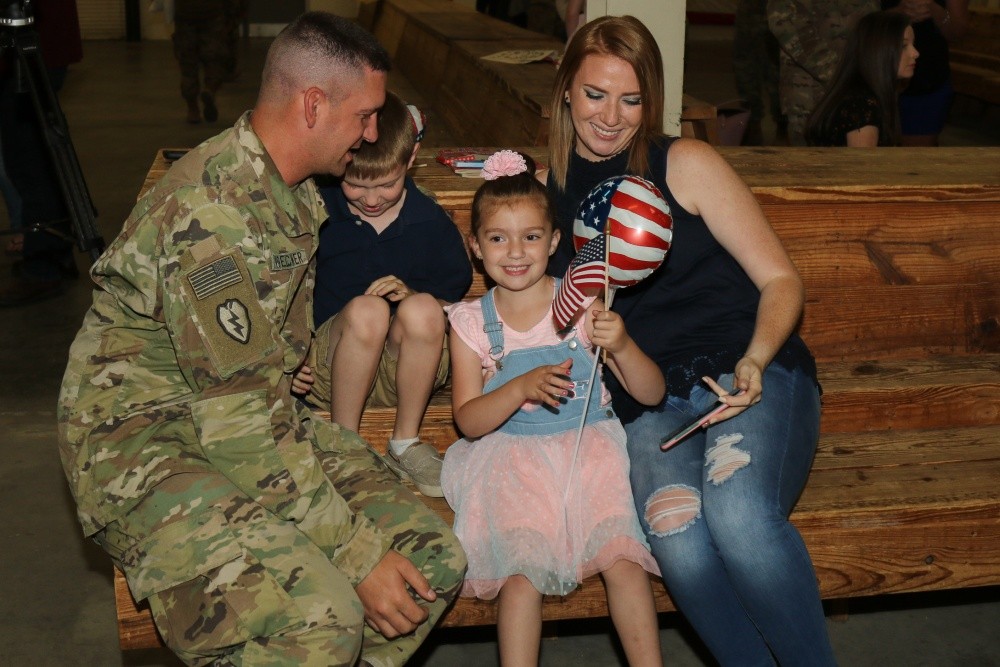
Limit your discussions on social media, via technology, in writing, and in-person about your service member and/or their mission. How and where you discuss any personal or military information is just as important as with whom you discuss it.
Spies aren’t just actors in a movie; these trained professionals are tasked with collecting information. They visit some of the same stores, churches, recreational sites, etc. as you do to try and extract details from unsuspecting people. This is especially true in base towns, so always be mindful of how you communicate even if it seems like everyone in your town is a normal military family.
Most military members know best not to share too many details, but it’s just as critical for family members to participate in OPSEC rules, too.
It may seem like paranoid behavior or overkill, but trust that the government has regulations like these in place due to experience and foresight to best keep our service members and military families safe on the homefront and abroad.
What questions do you have about OPSEC rules? Ask in the comments below, and one of our military veterans or spouses will share what they know!
Read more from Sandboxx News:
- What is OPSEC? Do’s and Don’ts for military families
- 6 must-know tips for your new military relationship
- Here’s why the Pentagon says you should delete TikTok
- How to make the most out of communicating with your Soldier stationed far away
- 9 ways to make your military marriage stronger
This article was originally published 11/26/2020

